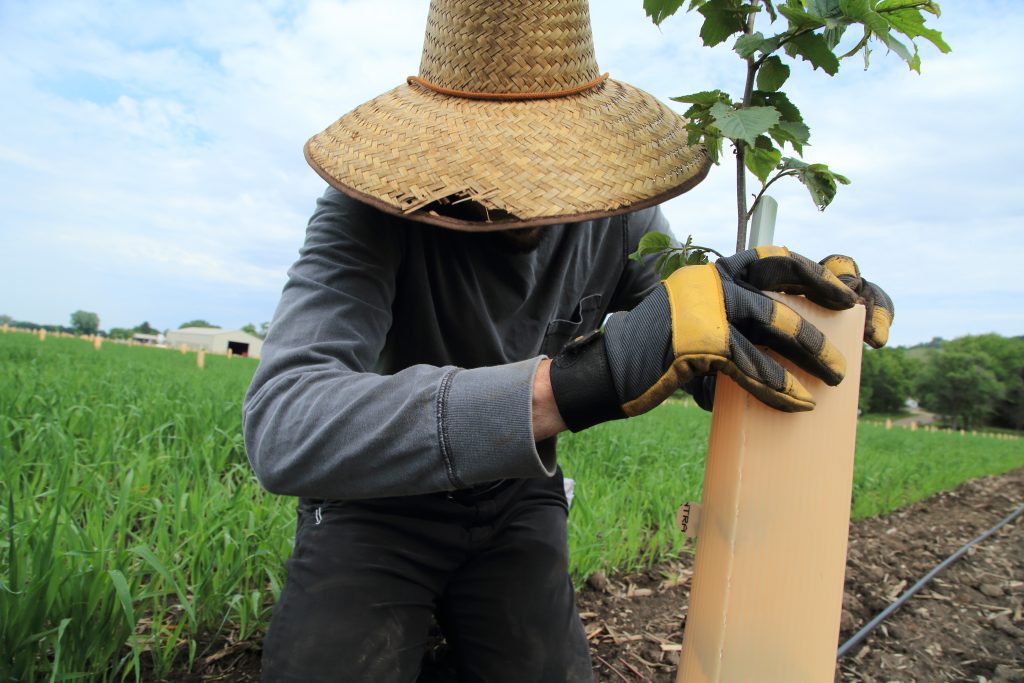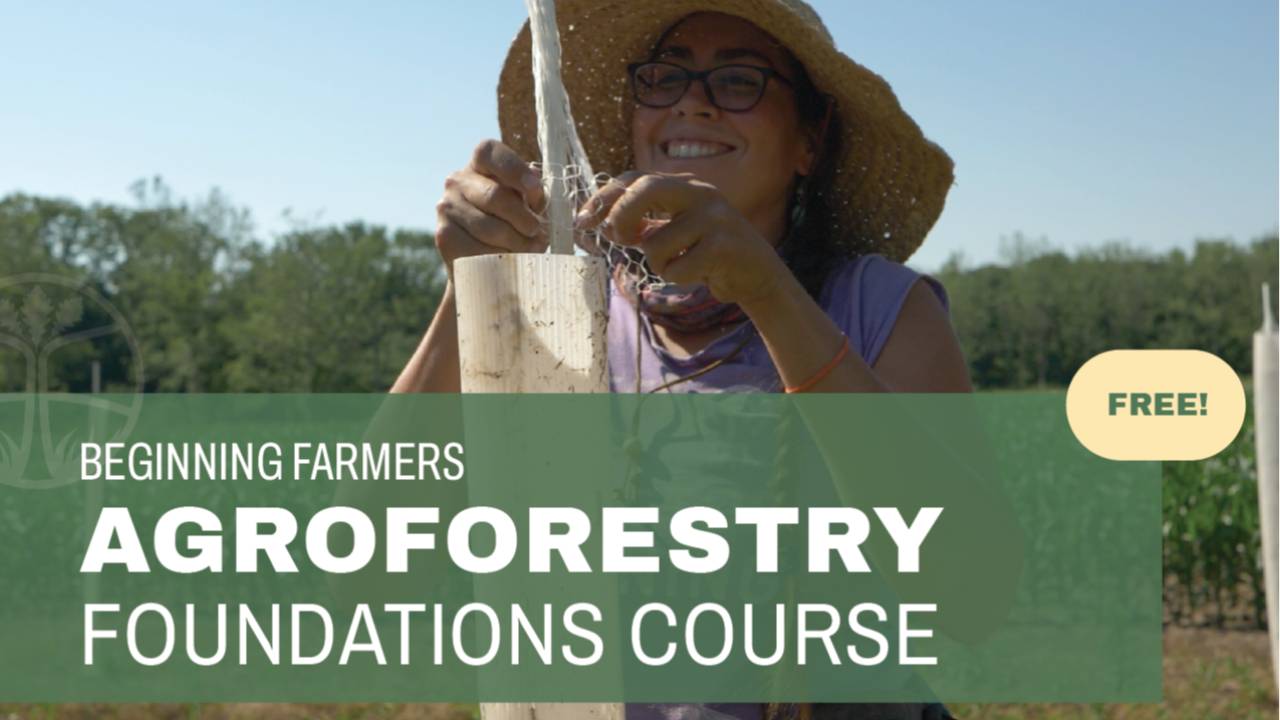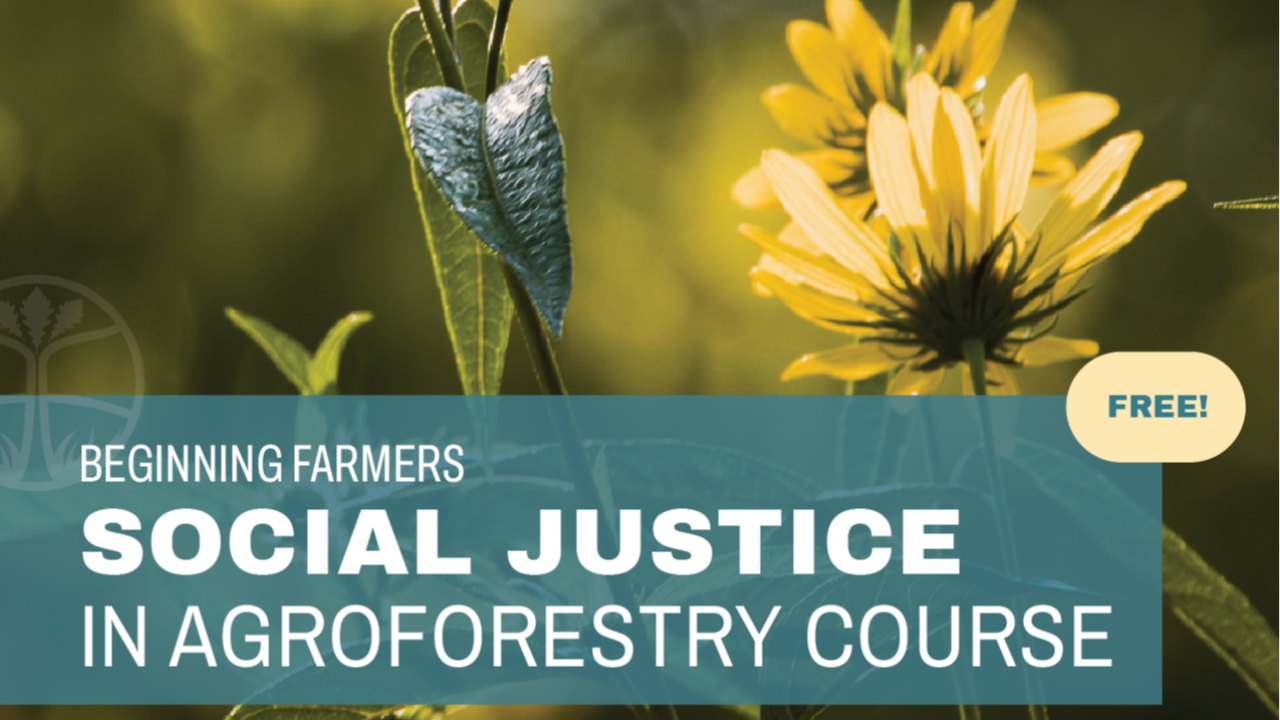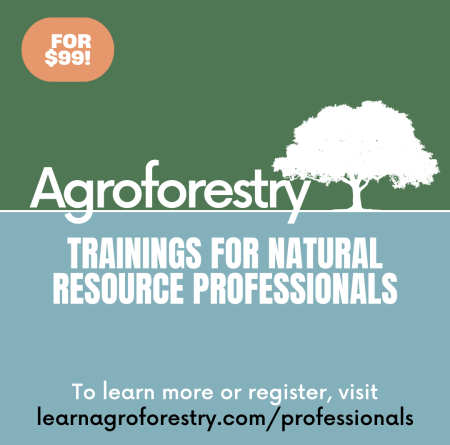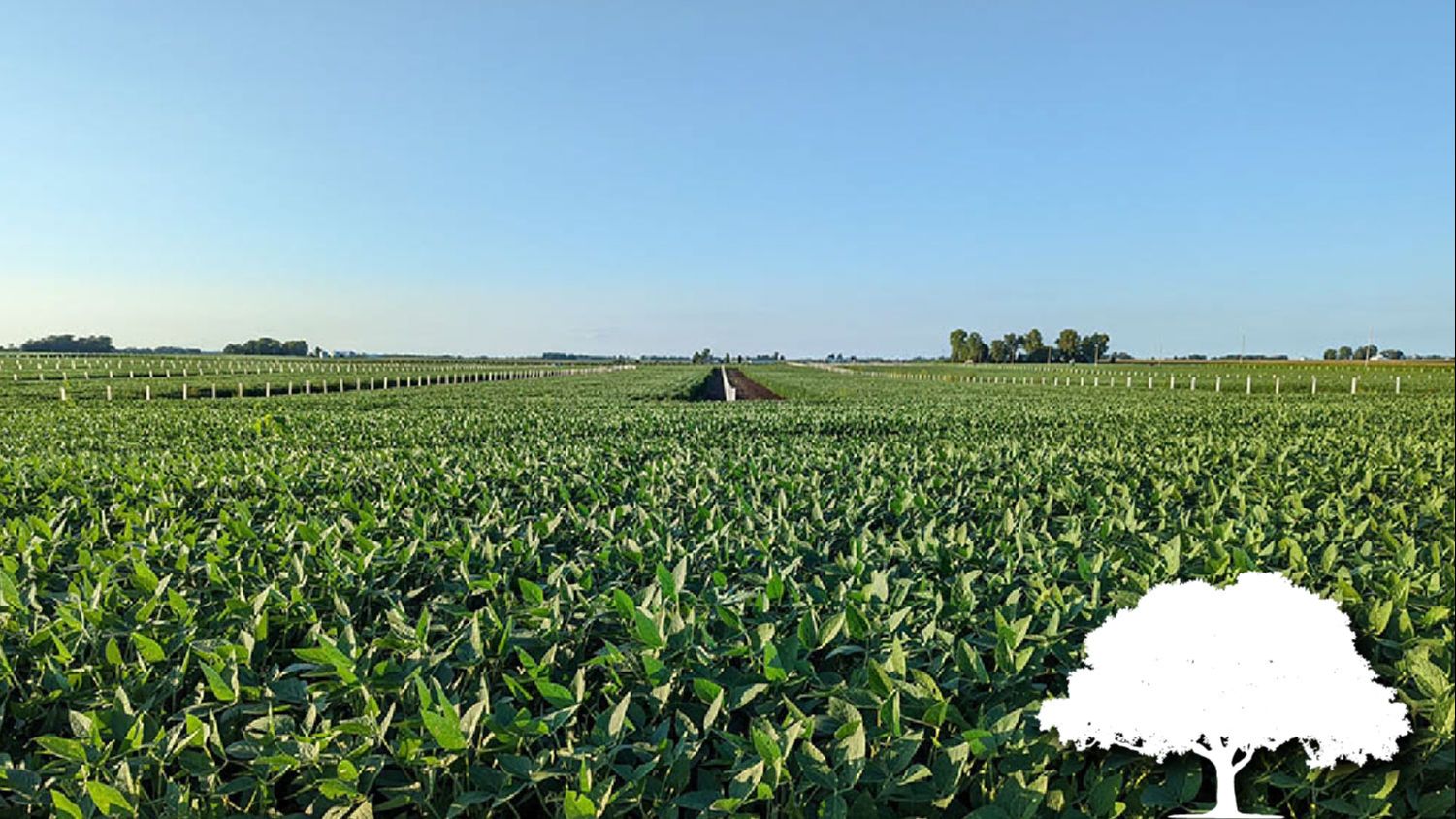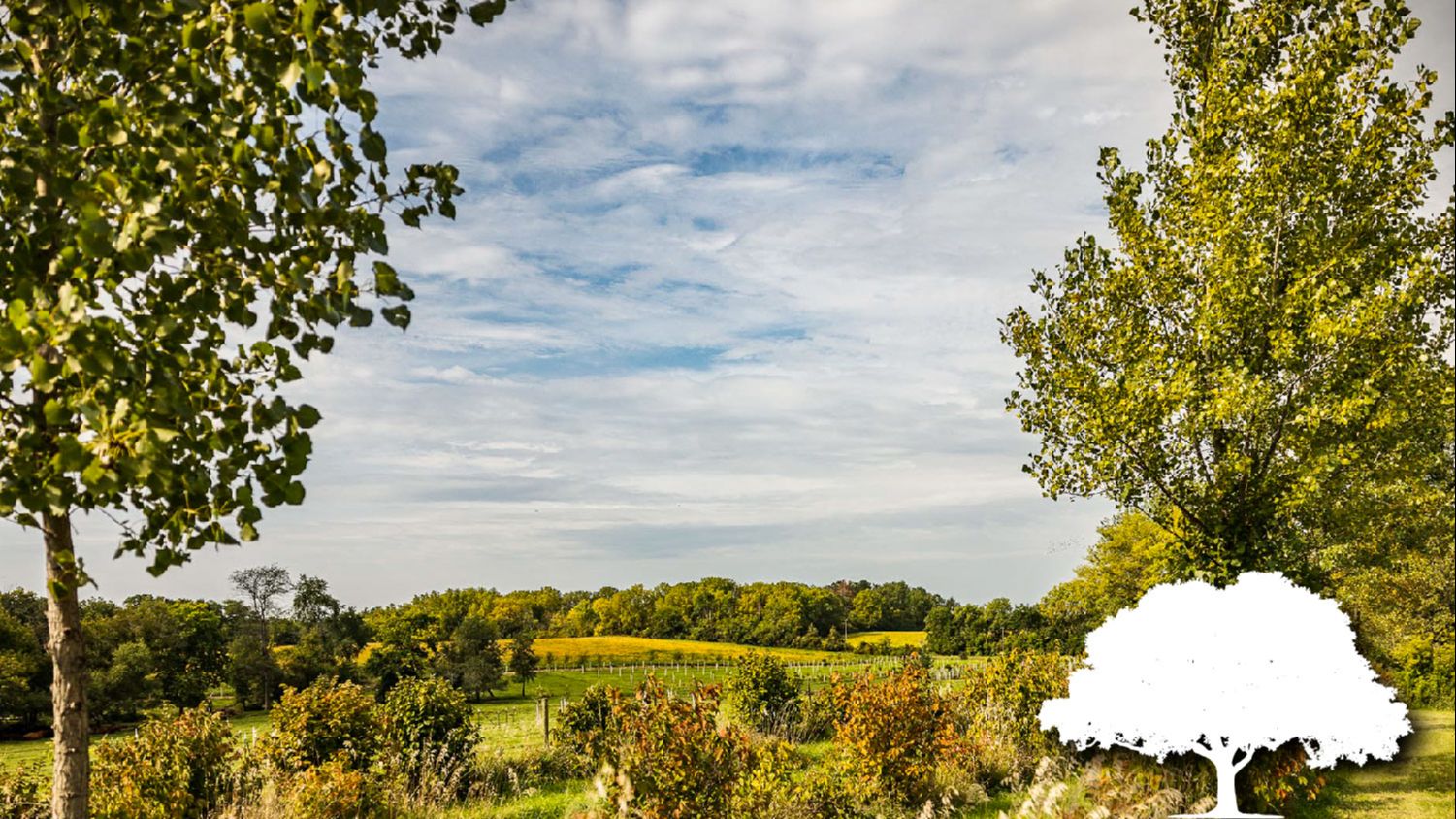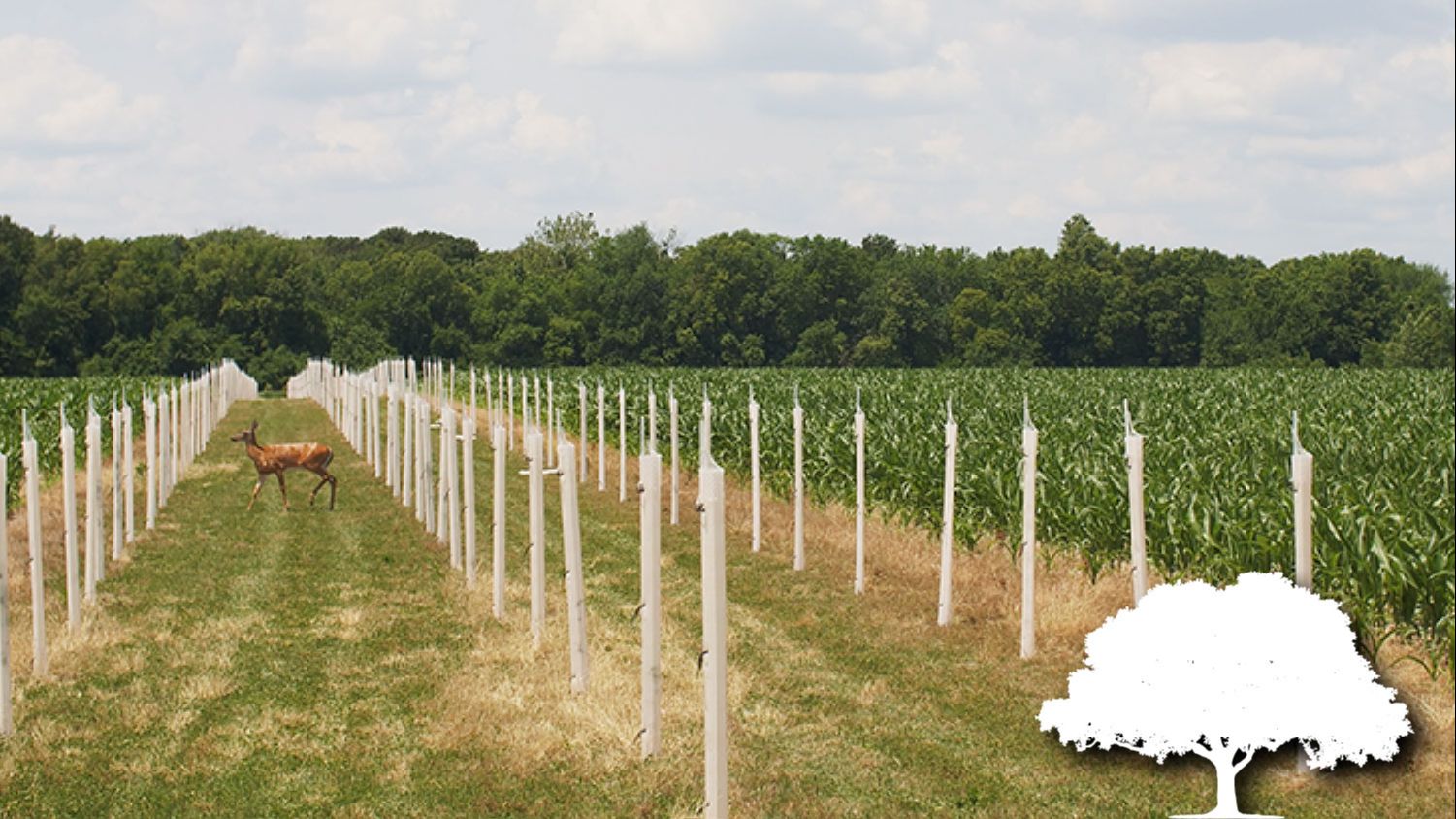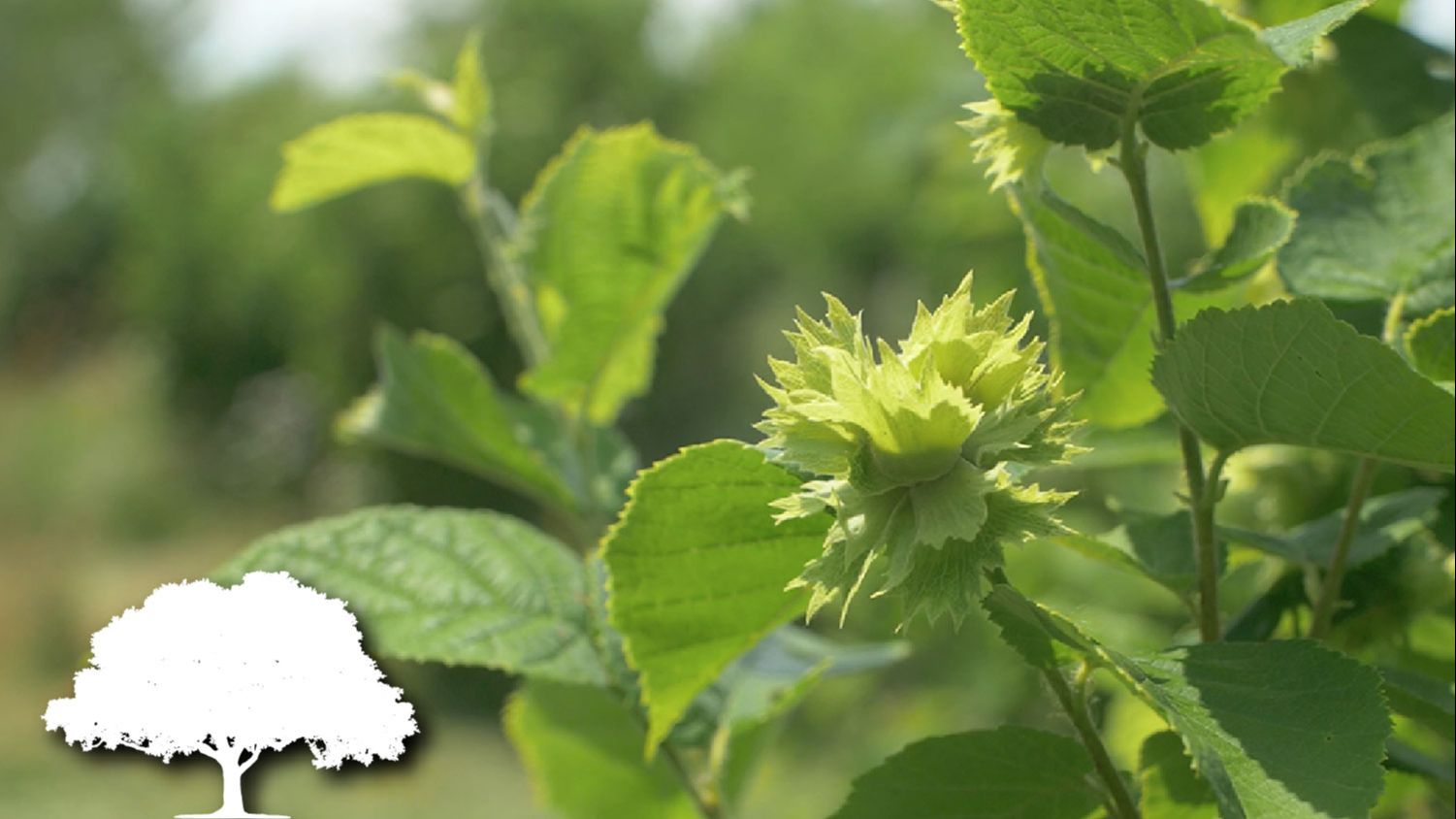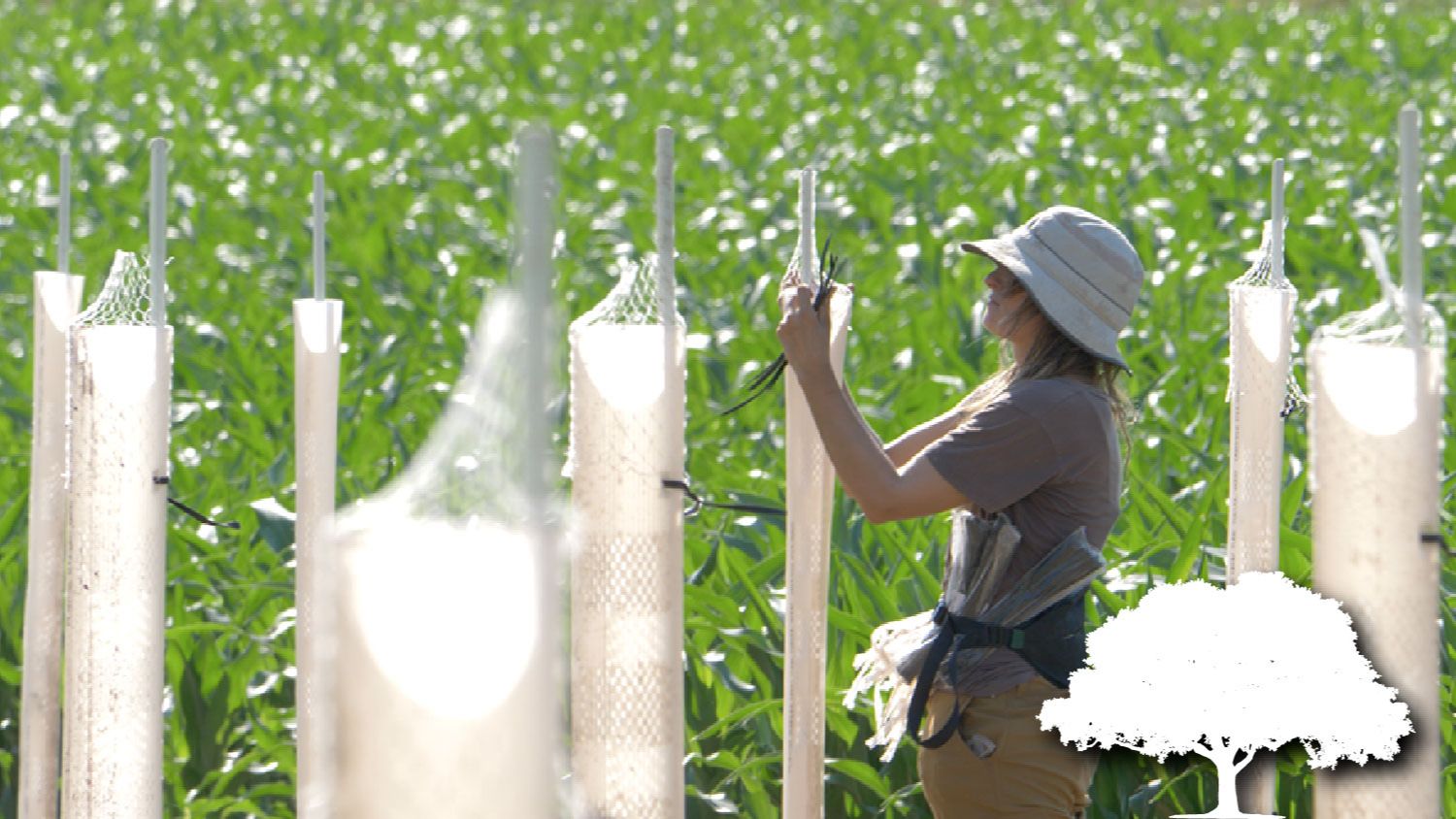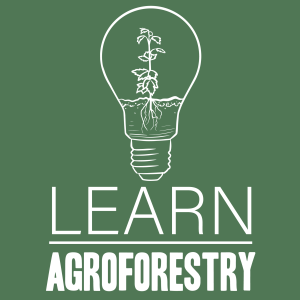Ready to build your farming skills?
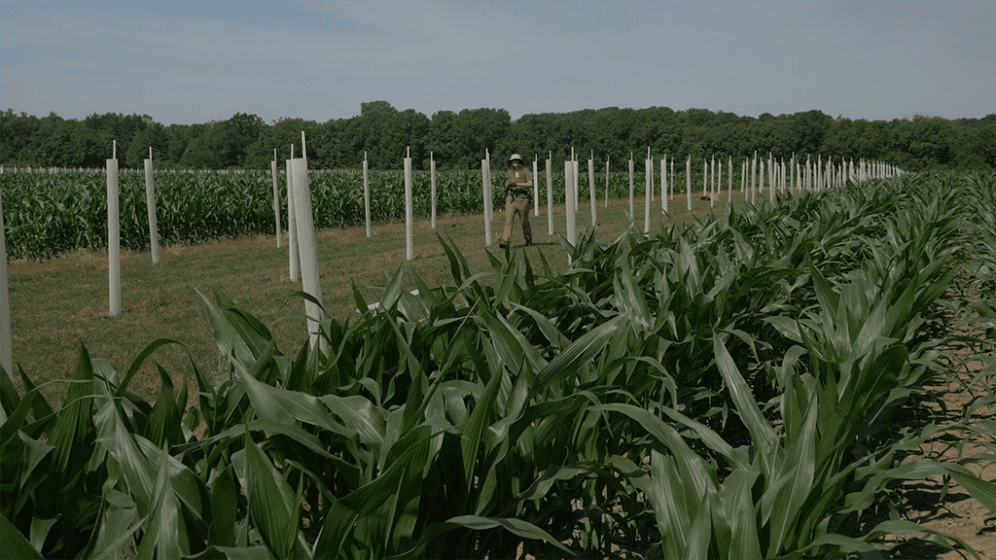
For Beginners
Beginning Farmers: Agroforestry Foundations
Beginning Farmers: Social Justice and Agroforestry
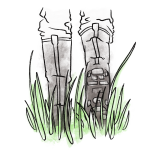
Do you work with land managers?
We’ve partnered with an inter-regional collaborative to develop a collection of technical assistance training modules to help natural resource professionals develop their agroforestry skills. Developed with Appalachian Sustainable Development and Interlace Commons with funding from the Edwards Mother Earth Foundation, our courses work to address the shortage of technical assistance available to perennial farmers.
Agroforestry Training for Natural Resource Professionals
Fundamentals of Alley Cropping
Fundamentals of Forest Farming
Fundamentals of Silvopasture
Fundamentals of Social Competency: Growing Agroforestry
Understanding NRCS Support for Agroforestry
The Savanna Institute partners with learning institutes across the country to provide online professional development courses at LearnAgroforestry.com
Do you have a question?
Ask an Agroforester
Our partners at Canopy Farm Management, based in Illinois and Wisconsin, have perennial plant material available through its bare-root nursery. When you purchase through Canopy, a portion of the sales help to support Savanna Institute’s nonprofit mission. For more nurseries in your area, check out this National Nursery and Seed Directory.
The plants you choose will depend on the natural resources on your land and your farm goals. Timber trees require low investment and minimal ongoing maintenance over a longer period of time ranging 20 to 50 years depending on species. Fruit and nut trees require higher initial investment and establishment maintenance, but can provide annual returns once established (approximately 5 to 10 years depending on species). Additional shrubs and crops can be planted within the tree rows between tree species. Learn more about perennial crops.
The Savanna Institute runs demonstration farms in Central Illinois and Southern Wisconsin. We also have partners in Michigan and Minnesota who share their farms for educational events. Our demonstration at Silverwood Park in Wisconsin is open to the public, and the rest are open during events and by appointment only. Learn more about our demonstration farms.
